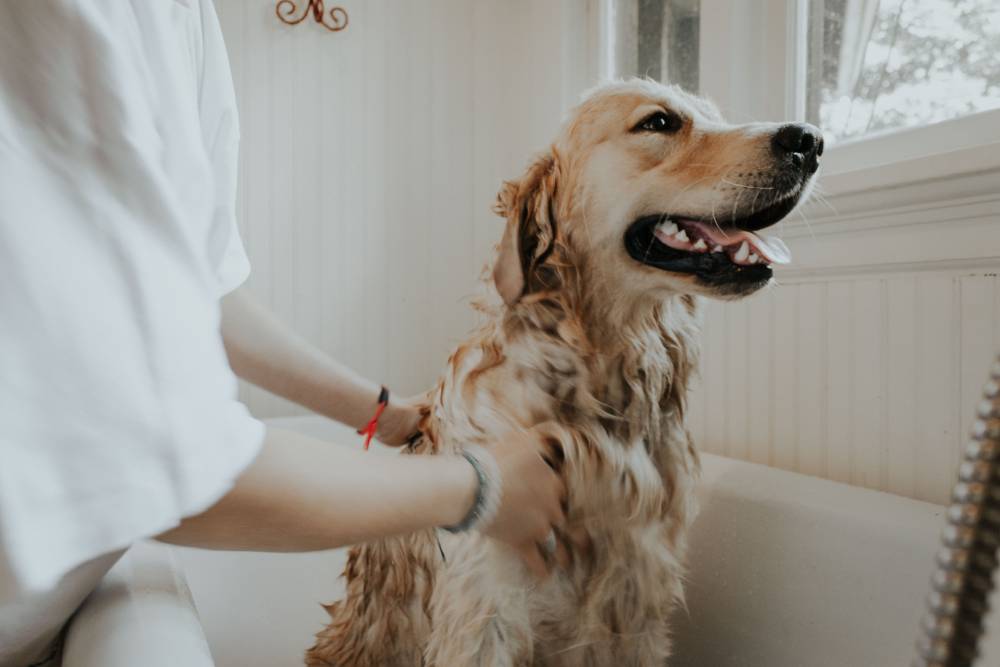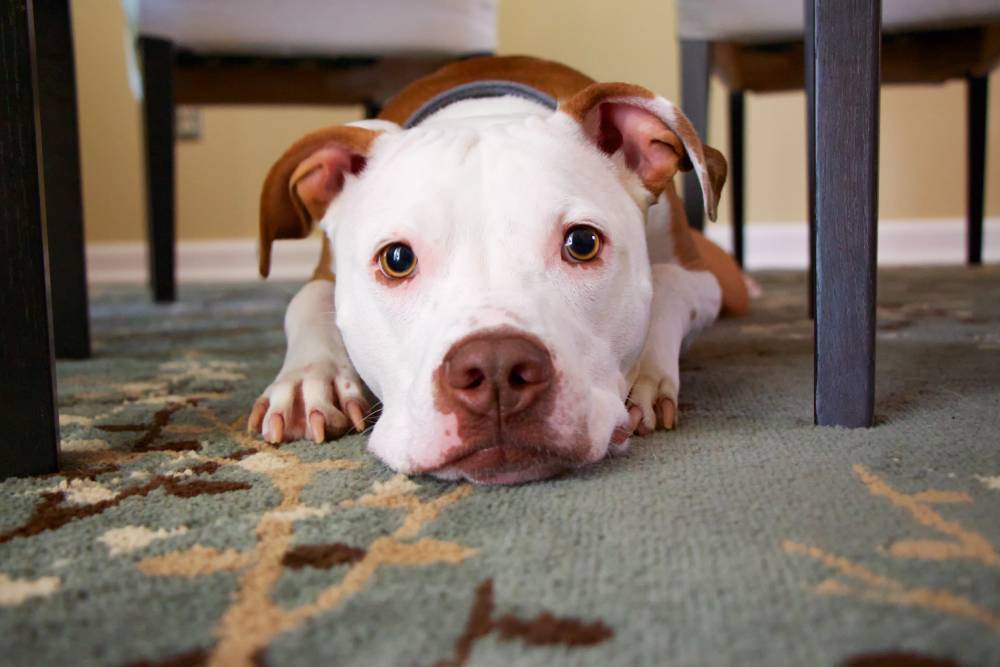How to Choose the Right Pet Cremation Services: Factors to Consider
Losing a beloved pet is an incredibly emotional experience, and deciding how to honor their memory can be challenging. Many pet owners choose cremation services…

Deciding on dog euthanasia is never straightforward. Each dog and situation is unique, and determining the right time for this decision varies from case to case. However, there are general guidelines that can help you make an informed choice that is best for your pet.
In this blog post, we’ll explore the factors to consider when deciding on dog euthanasia. We’ll also offer tips for handling the process emotionally and ensuring that your dog’s final moments are as peaceful and gentle as possible.
First, let’s start by understanding what euthanasia involves.

As a pet owner, you might be familiar with the term “euthanasia,” but its meaning and implications may not be entirely clear.
Euthanasia, which translates to “a good death,” is the gentle and peaceful act of ending the life of a pet suffering from illness or old age, either at a veterinary clinic or at home. The process typically involves administering a sedative followed by an injection of a solution that ensures a painless and calm passing.
The ideal timing for dog euthanasia depends on various factors, including your dog’s health and overall quality of life. Here are some key considerations to help guide your decision:
Assess whether your dog is experiencing pain or discomfort. If your dog is suffering, euthanasia may offer them relief and end their suffering.
Consider if your dog is maintaining normal eating, drinking, and toileting habits. If they are unable to eat or drink without assistance, or if these functions have significantly declined, euthanasia might be a compassionate choice.
Evaluate whether your dog is still engaging in activities they enjoy and interacting positively with family. If they have lost interest in life and activities they once loved, it might be time to consider euthanasia.
Determine if your dog is responsive to commands and interaction. If your dog shows signs of severe sensory impairment or is not responding as they once did, and if this causes them distress, euthanasia might be the right decision.
Assess your dog’s mobility. If they struggle to get up or move around comfortably, this may indicate a declining quality of life, potentially making euthanasia a humane option.
If you find that your dog answers “no” to several of these questions, it may be worth considering euthanasia to improve their quality of life. It is a challenging decision, but ensuring your pet’s comfort and peace is paramount.
Consulting with a veterinarian can provide valuable guidance and help you make the best decision for your beloved pet.

Preparing for euthanasia is an emotional process, and there are several steps you can take to ensure your dog’s final days are as peaceful and comforting as possible. Here are some tips:
Cherish the time you have left by offering your dog extra attention and affection. Talk to them, take them for gentle walks if they’re up for it, and shower them with love and cuddles.
Create a cozy and comfortable environment for your dog. Provide a warm, soft place for them to rest, and keep their food and water easily accessible. Treat them to their favorite foods or special treats to brighten their days.
Involve all family members in saying goodbye. This allows everyone to share their final moments and create meaningful memories with your dog.
Capture these special moments by taking photos or videos. Creating a photo album or a video montage can be a heartfelt way to remember your dog’s life and the joy they brought to your family.
Deciding to euthanize your dog is a deeply personal and challenging decision. By taking these steps, you can ensure that their final days are filled with love, comfort, and cherished memories.

The euthanasia procedure itself is quite straightforward and typically takes place in a vet clinic, however home euthanasia is a kinder option for both you and your dog. Here are some of the typical steps:
Your pet is put in an environment that is calming for them and allows the vet to administer sedation if desired. Choosing to put them to sleep at home can help ensure the environment is as stress-free for them as possible.
A sedative is administered that renders your pet unconscious. This is followed by an injection of the euthanasia drug that will stop their heart and end your pet’s suffering. This happens quickly and painlessly for the dog.
After your pet’s passing, when you’re ready to move ahead, there’s the option of getting your pet cremated to honour their memory.
Choosing euthanasia is a challenging decision, but it can often be the most compassionate choice for your beloved dog. It provides an opportunity for your pet to pass away peacefully and with dignity. To ensure you make the best decision, it’s crucial to be fully informed about the process and its implications.
At The Kindest Goodbye, we offer in-home dog euthanasia services to help pet owners through this difficult time. We understand that the decision of when to put a dog down can be a difficult one, which is why we are here to help pet owners make the best decision for their dog’s wellbeing. Contact us or visit our website today to learn more.

Losing a beloved pet is an incredibly emotional experience, and deciding how to honor their memory can be challenging. Many pet owners choose cremation services…
Losing a beloved pet is deeply emotional, and as pet owners, we want to ensure their final moments are as peaceful and comfortable as possible….

As devoted cat owners, we deeply value our feline companions and are committed to ensuring they have the best possible life. A key aspect of…
If you would like to learn more about our service or need advice, we offer free phone consultations with one of our caring vets to discuss your pet's situation.
If you would like to organise a peaceful farewell for your beloved pet at home, you can make a booking request and we will get back to you ASAP with availability.
Pricing for our services can be found here.